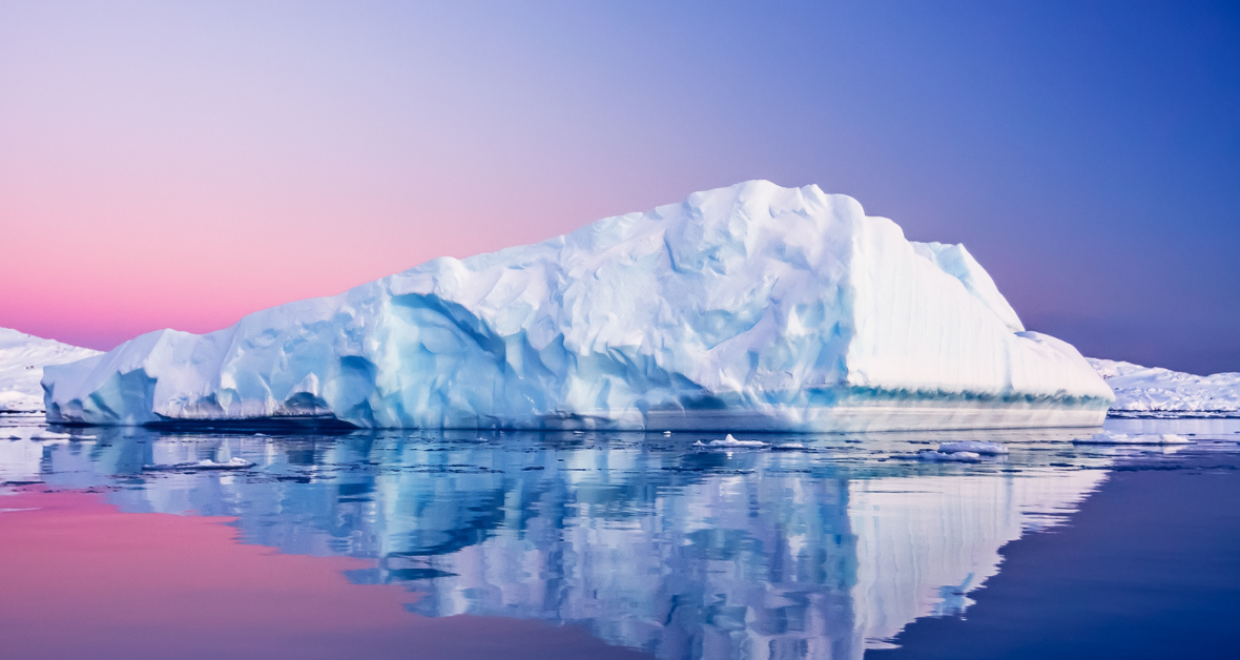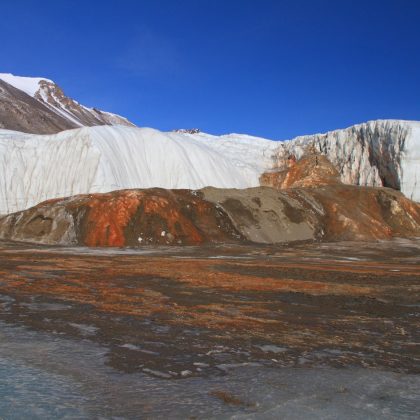Cambridge Prisms highlight glacier preservation for World Water Day
As World Water Day is celebrated around the globe, Cambridge University Press and its Prisms journals are leading the way in the fight to ensure a sustainable future for the World’s water resources.
The theme for World Water Day 2025 is Glacier Preservation, highlighting the urgent need to protect glaciers and secure freshwater resources for future generations.
Glaciers store approximately 70 per cent of the world’s fresh water, making them the largest natural reservoir of freshwater on Earth. However, climate change is accelerating glacier melt, which is in turn disrupting the global water cycle and increasing the frequency of extreme weather events like floods and droughts.
World Water Day 2025 calls for global action to reduce emissions, improve water management, and raise awareness about the impact of glacier loss. Protecting glaciers can ensure a stable water supply for millions of people who rely on glacier-fed sources for drinking water, agriculture, and energy.
Water security “fundamental to humanity”
Cambridge Prisms: Water is an international platform for scholars, experts and practitioners to publish high-quality, high-impact open access reviews and original research for a broad audience encompassing scientists, engineers, policymakers, and non-governmental organisations.
Water welcomes research from across fields relevant to water, with a focus on enhancing collaboration between academia and industry, and examining the impacts of society on water. This title aims to cover all aspects of water and hydrological sciences, plus associated technologies, specifically exploring how new research could be translated into effective implementation, by contributing to the development of novel solutions to water-related problems.
Dragan Savic, Editor in Chief of Cambridge Prisms: Water, said: “As we observe United Nations World Water Day on March 22nd, it’s important to highlight this year’s theme: Glacier Preservation.
“Glaciers are vital for global water security, but the scope of water security extends far beyond. It encompasses the provision of clean water for supply and sanitation, and protection from flooding, droughts, landslides, desertification, pollution and waterborne diseases. Water security is fundamental to humanity and is intricately linked to all UN Sustainable Development Goals (SDGs). Ensuring access to safe water and sanitation, managing water resources sustainably, and protecting ecosystems are essential for achieving a better and more sustainable future for all.
“We at Cambridge Prisms: Water are committed to safeguarding our water resources and supporting initiatives that promote water security worldwide.”
A forum for new ways of thinking
For its part, Cambridge Prisms: Coastal Futures explores all aspects of coastal systems, their complexity and how they change over time. It reports on the interactions between physical, biological and social elements and processes, which are unique to coastal regions and which influence, or are influenced by, the coast. In particular, the journal is interested in the dynamics of these interactions and their indications for the future. The scope includes research from within and across the disciplines of physics, chemistry, biology, engineering, human geography, social sciences and law.
Tom Spencer, Editor in Chief of Cambridge Prisms: Coastal Futures, added: “While melting glaciers may be supplying more water to rivers, mega dam constructions, water abstraction, river dredging and flood defences have significantly altered the release of sediment from river basins into the coastal zone. And here cross-shore structures on beaches and around major coastal infrastructure have altered the alongshore transport of those sediments that do reach the coast.
“At the same time, coastal processes have been impacted by global environmental change, both from progressive changes in sea level, water temperatures and ocean acidification and from the impact of episodic shocks, such as coastal storm surges, driven by changes in ocean basin storminess. This is all at a time of increasing coastal populations, at faster rates, and to greater population densities, than non-coastal regions. It is clear that the traditional responses to changing shoreline position, the building of fixed coastal defences, will not be able to cope with 21st century accelerations in marine climate change and socio-economic dynamics.
“Cambridge Prisms: Coastal Futures is providing a forum to discuss the new ways of thinking that will be needed to manage coastal landforms and ecosystems, and the populations that depend upon them, in the near future. The journal particularly welcomes inputs from indigenous knowledge holders and local communities as these stakeholders will be crucial actors in the implementation of ecosystem-based adaptation strategies.”
For more information, check out the following articles from Cambridge Prisms.
Cambridge Prisms: Water – Water scarcity: A global hindrance to sustainable development and agricultural production – A critical review of the impacts and adaptation strategies
Cambridge Prisms: Coastal Futures – Science diplomacy and the 5th International Polar Year (IPY-5): planetary considerations across centuries





